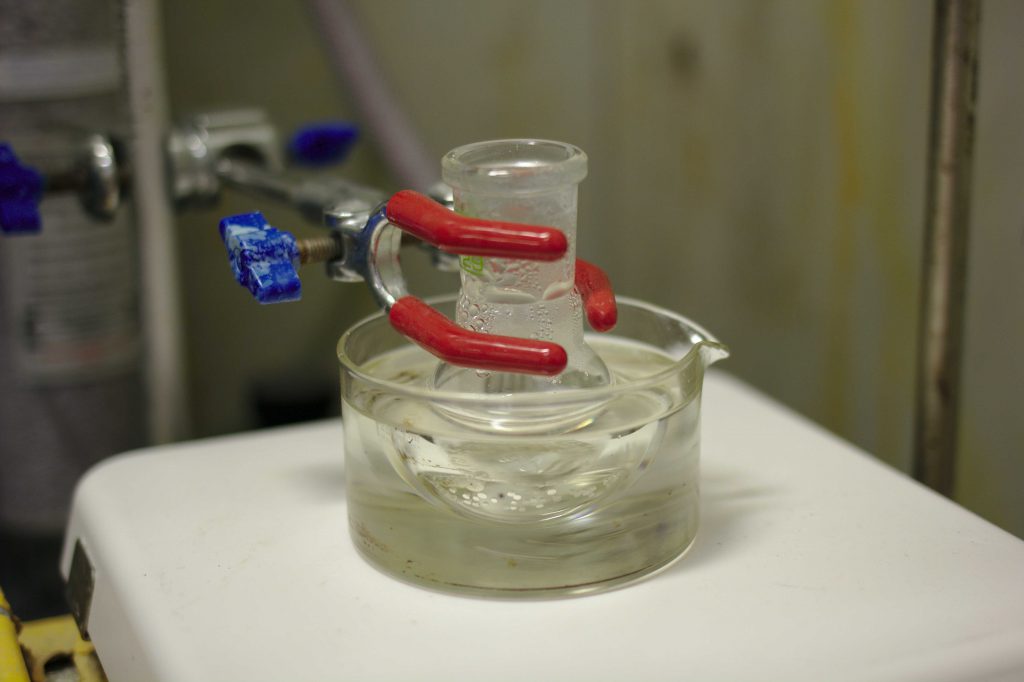Modern chemistry is the most common discipline in the community of scientists. It refers to a science that describes the interaction between various substances through chemical reactions and illustrates their composition, structure, as well as properties.
Modern chemistry can be traced to the 18th century and is therefore not an ancient practice. However, the principles of gaining knowledge from experiments and observations date back over two millennia. It is critical to understand that although alchemy is modern chemistry’s predecessor, there is a wide difference between the two.
In the 17th century, alchemy and chemistry were both used to refer to the study of matter through analysis, synthesis, and transmutation. However, in the third decade of the 18th century, the word alchemy started to be used for trials to convert base metals into gold. The development of modern chemistry was initiated by the works of alchemists.
However, the most significant difference between alchemy and modern chemistry is the fact that alchemy is based on a mysterious construal of reality. In contrast, modern chemistry is based on experiments, observations as well as truths.

Areas of modern chemistry
Physical chemistry
Studies atomic properties, macroscopic properties, as well as phenomena in chemical systems.
Organic chemistry
Organic chemistry studies chemicals that contain carbon, which is among the most abundant elements and has the ability to form an exceptionally broad range of chemicals. In fact, most of the chemicals in all living organisms are linked to carbon.
Inorganic chemistry
Studies chemicals that generally do not contain carbon.
Analytical chemistry
This is the study of the composition of matter. Analytical chemistry focuses on the separation, identification, and quantification of chemicals In matter samples.
Biochemistry
Biochemistry studies chemical processes that take place in living things.
Conclusion
Indeed, the vast practicality of modern chemistry cannot be overstressed, and every area of this discipline focuses on a particular specialty to gain as many insights into the topic as possible.